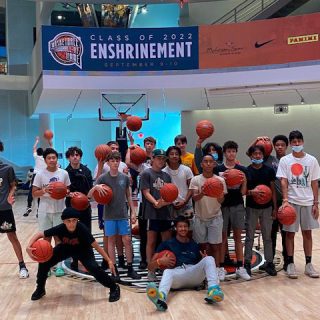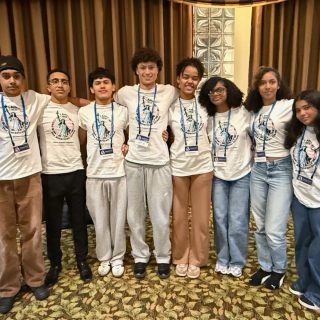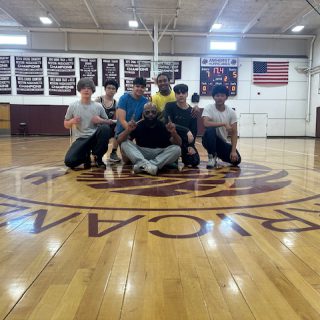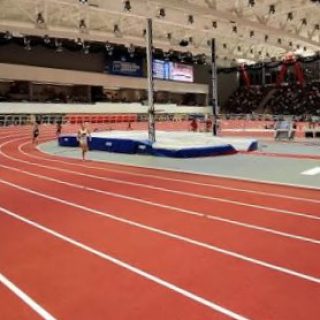Students rue new schedule to address ‘time on learning’ shortfall after parent complaint to the state
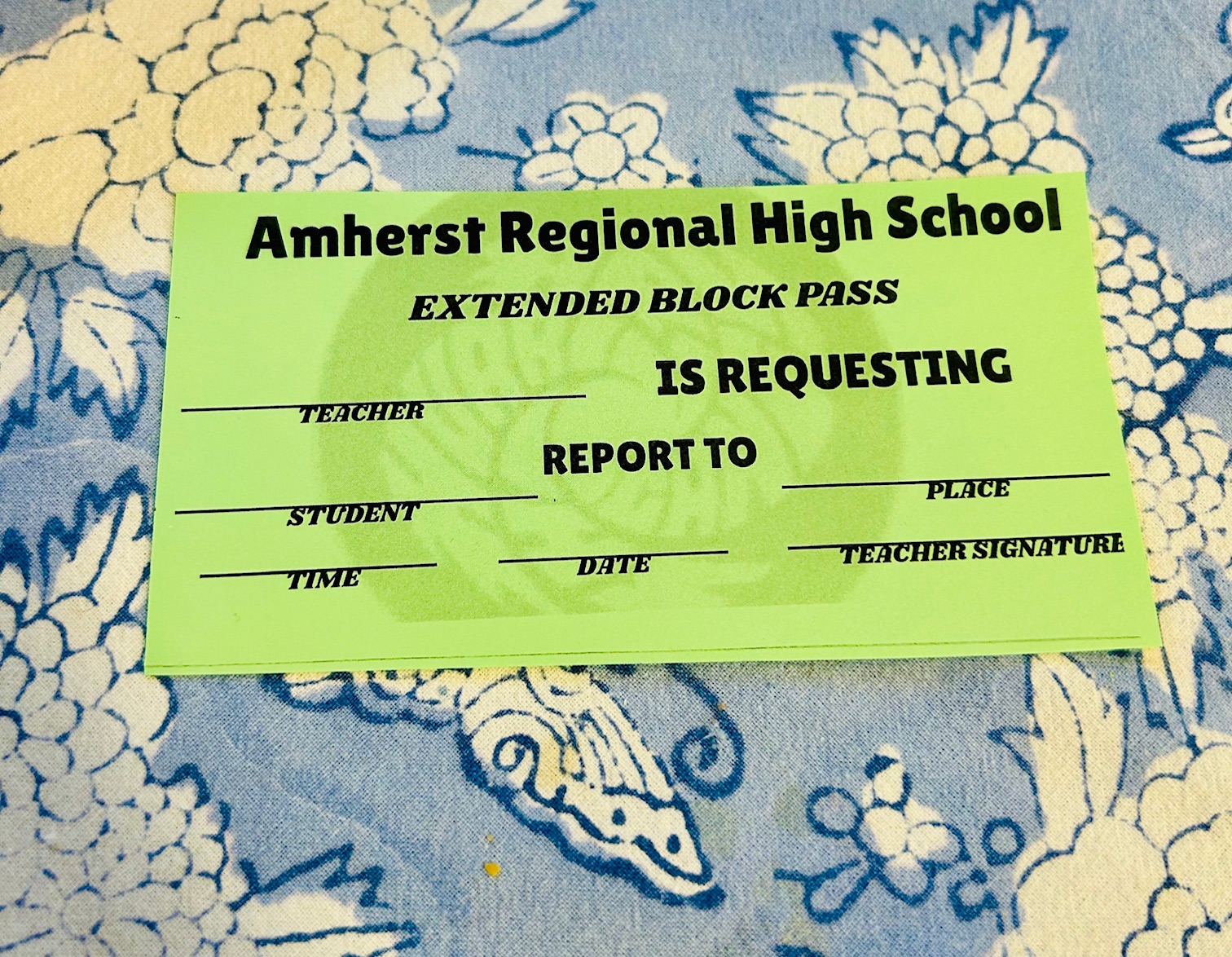
This year, ARHS students returned to school to a largely unwelcome change to their school day. In the wake of a parent complaint filed with the Massachusetts Department of Elementary and Secondary Education (DESE), saying that the “flex block” (a 35-minute block at the end of the day where students could meet with teachers for extra help or could elect to participate in clubs) did not meet the hours for “time-on” learning required by the state.
When DESE investigated the report, it said that students attending ARHS only received 895.50 hours of structured learning time, falling short of the 990 required by DESE. Additionally, a large number of students were not attending the required period, or were alleged to be “wandering the halls during that time,” said Principal Talib Sadiq.
DESE required ARHS to change the previous schedule immediately. In the new “Extended Block,” students are required to attend a 40-minute ‘structured learning’ block at the end of the day, and are not allowed to go elsewhere unless it qualifies as an ‘exception’, which is limited to taking a test. The block is rotated daily, with the students going to their respective teachers for A, B, C, and D periods, with advisory on Wednesdays.
This change was met with a wave of resistance by the ARHS community, many of whom were angered by the switch. “We lost a huge opportunity with flex block,” said senior Allyson Klement. “Although I recognize skipping was an issue [for some], we probably could’ve solved that with a change in time-of-day and stricter attendance policies. Getting rid of it altogether isn’t fair to those who were using it responsibly and getting a lot out of it.”
Additionally, due to the change, access to clubs is not just difficult for most students, it’s impossible for student athletes or those who have no means of transportation if they stay after school, “Since clubs have to be after-school, many [students cannot attend if] they have sports or a job to tend to after school,” said senior Delany Cheng.
Some of the clubs deemed unfit to be called ‘structured learning’ are clubs where students say they were engaged in creative, innovative, and thoughtful projects, such as the STEM-focused InvenTeam, which won a competition for engineering life-saving vests for firefighters. Others said they learned about various important real-world topics in the Women’s Rights Club, French Cultural Club, or People of Color United. And students participated in quiz competitions, community service, and preparations for exchange programs.
Principal Sadiq agreed that in scrapping flex block, not only did the state reduce students’ access to academic opportunities and opportunities for community, but they did not look at the facts of what was happening in the school. “A lot was overlooked because of their narrow view of what they considered instructional,” said Sadiq. “There was a lot of great work being done during that time that was directly connected to classes or electives.”
These sentiments were largely echoed by the ARHS student body, with many chiming in to share the adverse effects the new schedule has on students, including an inability to choose where to get extra help from teachers during the school day.
“I think the newly implemented system is quite unproductive and quite frankly, [it’s just] a step in the wrong direction for our school and community,” said senior Zack Schmidt. “It’s counterintuitive. It prevents those who are trapped in the cycle of late work and catch-up from escaping.”
“The newly imposed extended blocks are not something that is beneficial to the majority of the school body,” said senior Elizaveta Ivanova. “It’s more of a hassle to go meet with teachers and get extra help in classes you need. Even if you get a special pass, teachers are busy teaching their extended block class; it’s hard to get proper support.”
Senior Margaret Hinderliter said that for those who played sports or had concerts, this period of time was one where students could get academic work done.
The structure of the new extended blocks “means I will spend more time on homework after school, disrupting the time available for jobs, clubs, caring for family members, or other activities,” said Cheng.
“I often find myself in classes where I have finished all the work just sitting around,” said senior Kiko Bhowmik. “I could be in an art class working on artwork.”
Students also stated problems with the new policies put into place by ARHS administration, like the “green passes” that only allow for students to attend a different extended block than the one students are assigned to for make-up testing.
Hinderliter, who enjoyed the flex blocks before, said she has no enthusiasm for the new system, and it makes her sad. “Everyone’s just trying to get through the day now,” she said.






